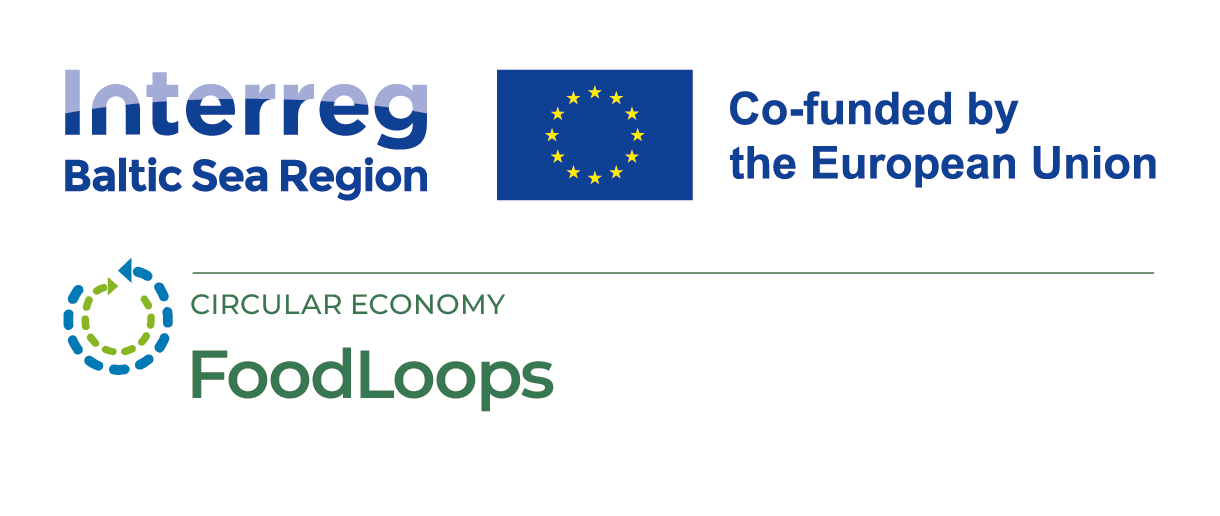
A Model Primary School for Sustainable Food Practices
28 August 2024
Situated at the Gdańsk periphery, on Sobieszewo Island, Primary School No. 88 has become a beacon of excellence in managing food practices, turning everyday school lunches into opportunities for learning, sustainability, and community building. With 163 students in the current academic year, of which 148 regularly eat lunch at school, the institution has embraced a holistic approach to food management. This has not only minimized waste but also fostered a culture of respect and appreciation for food among its young learners.
The journey began with a simple but powerful idea: food should be valued, not wasted. This philosophy has guided the school’s administration in developing a set of good practices that have transformed the way food is perceived and consumed within the school. The administration, driven by a commitment to improve the quality of food and to instil lifelong healthy eating habits in students, has implemented a series of measures to manage food waste effectively.
One of the key practices at Primary School No. 88 is the meticulous planning and preparation of meals. The school carefully calculates the quantities of meat and other ingredients required, taking into account factors such as weight reduction during cooking. For example, chicken breasts and other cuts are ordered with precision, while more meat is ordered for pork loin due to its tendency to shrink during cooking. This careful calculation ensures that the right amount of food is prepared, reducing the likelihood of excess.
Additionally, the school has implemented a system where students inform the kitchen by 8 a.m. if they will not be eating lunch that day. This allows the staff to adjust their orders accordingly, avoiding over-preparation. For larger absences, the school orders less stock and freezes any excess, ensuring that nothing goes to waste.
The school’s innovative approach to surplus food is another hallmark of its success. Unused fruit is repurposed into compote, while leftover vegetables are stored and later used in hot dishes. This creative use of leftovers not only prevents waste but also adds variety and nutrition to the meals served.
During the second round of meals, the kitchen staff closely monitor food consumption and, if necessary, prepare additional servings of porridge, potatoes, or pasta to ensure that every child receives a satisfying meal. This adaptive approach ensures that food is utilized to its fullest potential, with minimal waste.
In a bid to teach students the importance of portion control and balanced eating, Primary School No. 88 has introduced a self-service system where meals are served in vases and on platters. Students are encouraged to serve themselves, with teachers overseeing to ensure they include a balanced selection of meat, salads, and potatoes. This system not only teaches children about proper meal composition but also empowers them to take responsibility for their food choices.
The school has observed that this approach has led to improved eating habits, with students often opting for more soup if they are not inclined towards a second course. Regular talks in the younger classes about the benefits of fruits and vegetables have also begun to bear fruit, with older students demonstrating a more balanced and healthy approach to their meals.
Primary School No. 88’s success story is not just about what happens within its walls but also about how these practices can be shared with other schools. The administration believes that other institutions can benefit from their approach to meal planning, food education, and creative use of surplus food. The school is eager to share its experiences and insights, hoping to inspire a broader movement towards sustainable food practices in schools across the region.
As Primary School No. 88 continues to refine its food management practices, it stands as a shining example of how schools can play a pivotal role in shaping the future of food sustainability. By teaching students to respect and value food, the school is nurturing a generation that will carry these lessons forward, ensuring that the good practices established today will have a lasting impact on tomorrow.
The journey at Primary School No. 88 in Sobieszewo Island is far from over, but it is already a story worth telling—a story of innovation, education, and a deep respect for the resources that nourish us.





